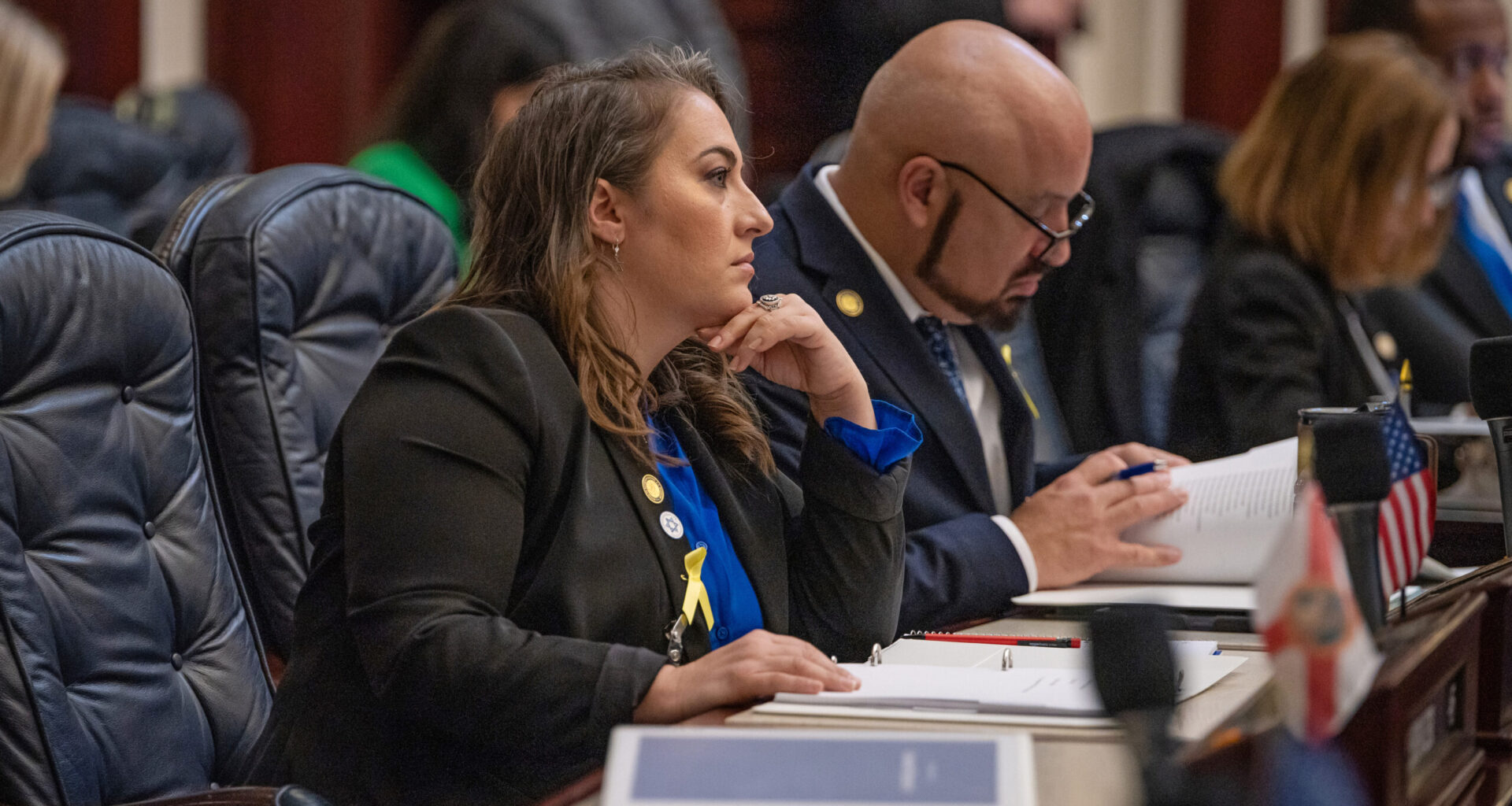In the wake of politically motivated attacks that shook communities nationwide, Democratic Rep. Debra Tendrich has filed legislation to expand Florida’s hate-crime statute to include political ideology.
The measure (HB 143) would add “political ideology of the victim” to the list of factors that trigger tougher penalties when a crime is committed with prejudice.
Under current law, those factors include race, color, ancestry, ethnicity, religion, sexual orientation, national origin, homeless status or advanced age of the victim.
If passed, HB 143 would require courts to reclassify politically motivated crimes to higher offense levels.
For instance, a first-degree misdemeanor punishable by up to a year in jail would be elevated to a third-degree felony carrying a penalty of up to five years, and a third-degree felony would be upgraded to a second-degree felony, for which 15 years behind bars is the maximum.
Affected infraction levels range from a second-degree misdemeanor to a first-degree felony, the latter of which would rise to a life felony, with life imprisonment as punishment upon conviction.
“Political violence is on the rise,” Tendrich said in a statement. “I want Floridians to know I will always defend their right to speak freely and safely, no matter what party or ideology they support, even if we disagree.”
She pointed to the May killing of Israeli embassy workers Sarah Milgrim and Yaron Lischinsky by a Palestine-aligned gunman, the June murder of Minnesota Democratic Leader Melissa Hortman and her husband, Mark, at their home, and the assassination last month of conservative activist Charlie Kirk at a Utah college campus.
While political violence remains relatively rare compared with other forms of violent crime, experts say threats and targeted acts have increased nationwide. A PBS NewsHour analysis of federal data found that politically motivated attacks, particularly those tied to extremist movements, have become more frequent and, in some cases, deadlier.
Tendrich said constituents on both sides of the aisle have told her they now feel less safe publicly expressing their opinions and, in some cases, have censored themselves rather than face a risk of violence. That tracks with recent polling that found half of voters in Miami-Dade, Florida’s largest county by population, believe sharing their political views online and in public could draw retaliation.
“Violence fueled by political hatred is still hate, and it must be treated that way,” Tendrich said. “Florida must send a clear message: we will not tolerate intimidation or violence against anyone for their beliefs. In our state, we protect freedom, not fear.”
HB 143, which pends a Senate companion, would make Florida one of a handful of states and Washington, D.C., to explicitly classify politically motivated offenses as hate crimes. Others include California, Iowa, Louisiana, South Carolina and West Virginia, according to the U.S. Bureau of Justice Statistics.
The bill would go into effect Oct. 1.



